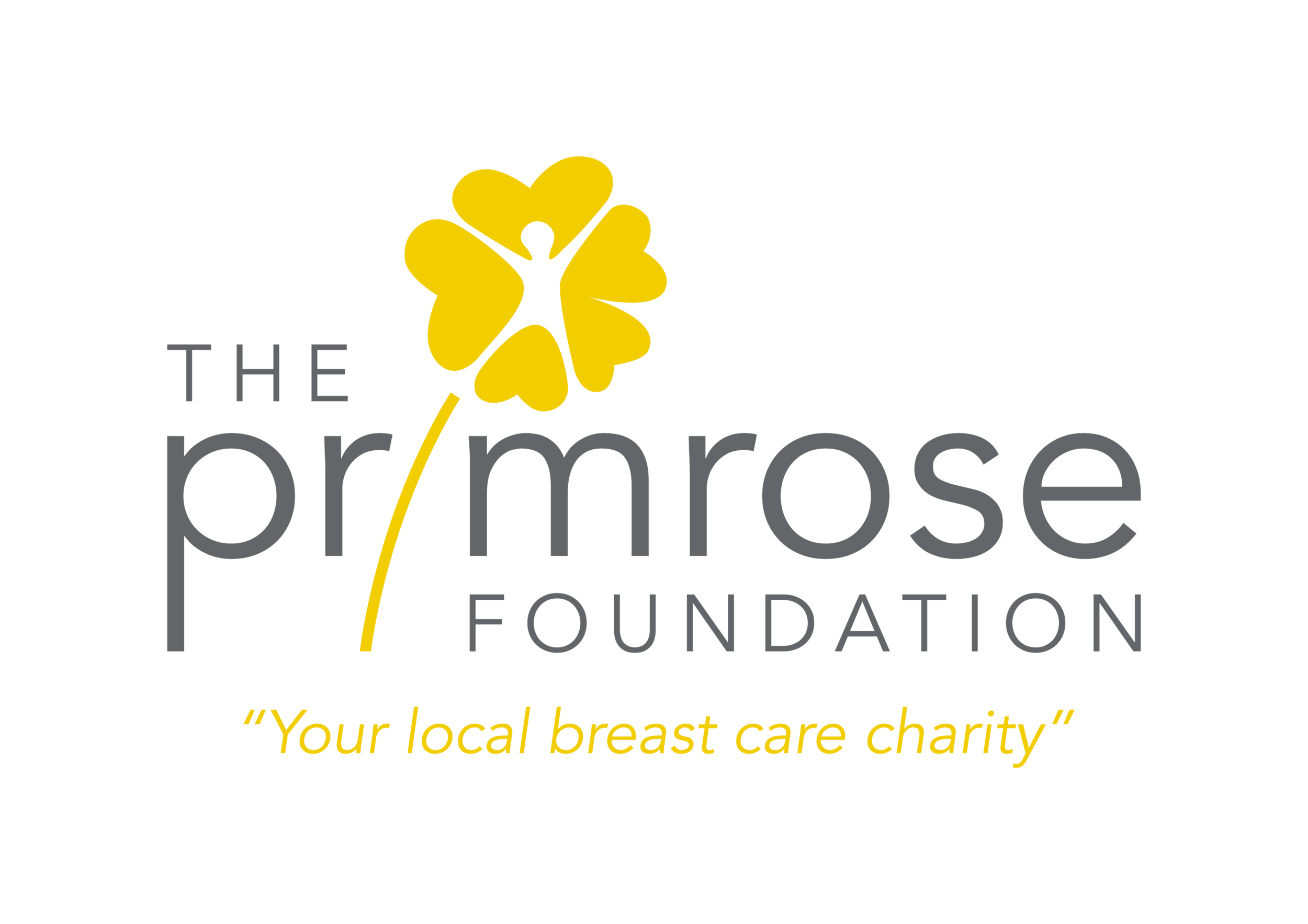A Family History of Breast Cancer
Cancer is a disease that can affect many parts of the body, and the longer we live, one in two of us will now develop cancer. Breast cancer is the most common female cancer in the UK. Statistically 1 in 7 women will develop breast cancer in their lifetime (according to Cancer Research UK and Breast Cancer Now 2021).
Our expect and fellow Trustee, Maggie Jenkin, has put together some helpful guidance on the referral process, should you have a history of breast cancer in your family.
Maggie joined The Foundation in 2021 after retiring from 30 years of service at the Primrose Centre. As a Radiographer qualified in radiology and radiotherapy, Maggie then specialised in mammography, undertaking advanced practice skills in breast imaging with an additional interest in family history genetics.
Primrose Foundation Trustee, Maggie Jenkin
Maggie says:
“Some women may have concerns that they have a risk that is higher than 1 in 7 due to their family history demonstrating a cluster of cancer cases or similar cancers.
According to Breast cancer expects, most cases of cancer occur as ‘a sporadic or chance’ event. Having a close relative develop a cancer does not usually increase a person’s risk/chance of developing a similar cancer.
However, concerns may be raised if a woman has a family history that contains more than a single case of breast cancer. There may be multiple family members affected, or there may be an associated cancer such as ovarian cancer.
If there are concerns, it may be helpful to check and list which members of the family have been affected by cancer, note down the type of cancer and the age at which they were diagnosed. This is all useful information that a health professional would need to know. It is also very important to consider both sides of the family, and to include relatives from both a mother and father’s side of the family.
Initially these concerns and family history information should be raised and discussed with your GP.
Your GP may want to refer you to the local Family History Breast Clinic for further assessment if your family history suggests you may be at a possible raised risk. Your GP will consider the nature of your family history, the number of relatives with cancer and the type and site of the cancers, the age at which the cancer was diagnosed and also whether someone developed multiple or bilateral cancers, or whether affected at a younger age.
A Family History clinic appointment will provide an assessment of your risk based on your family history. The Primrose Breast Care Centre can offer this service. Like any referral this would need to be arranged with your GP.
Your GP may, however, decide to refer you on to your local genetic clinic - depending on your General Practices catchment area. Your GP should discuss which option is best suited to you and why.
You may find that the number of relatives and the ages at which their cancers were diagnosed does not significantly alter your risk above population risk (the 1 in 7). This may be because the cancers developed in old age, or the cancer type is not associated with the development of breast cancer.
Women at population risk have mammographic screening provided by the National Health Service Breast Screening Programme (NHSBSP) every three years, this will commence between the ages of 47 -50 yrs. Women are automatically called for this screening as they become eligible.
If your risk is raised above that of population risk, you may be assessed as at moderate risk. For women at moderate risk, it is recommended that they commence breast surveillance at an earlier age than women at population risk. Moderate risk women can be called for surveillance mammograms from 40 years old and mammograms will be arranged annually until they reach the age of 50.
At 50, their surveillance reverts to the 3 yearly population screening.
If you are assessed as moderate risk then this enhanced breast surveillance will be instigated by the Family History team. Women who have not reached 40 years of age may be given a letter to confirm their risk, which can be used to prove eligibility when contacting their local breast screening centre at the appropriate age.
Some women may have a family history that suggests that they are at high risk. Women who may be high risk are usually referred to a Genetics Clinic for a more detailed assessment of their risk. This referral may be after discussion with your GP, or after an assessment at your local hospital’s family history clinic (The Primrose Breast Care Centre for example).
Sometimes genetic testing will be offered by Genetics when a gene mutation such as the BRCA1 or BRCA2 is a possibility. Genetics may find that personal risk is lower than high risk after a detailed review of the family history or, a negative test result. If a woman is found to be high risk then surveillance will start at 30 years old with annual MRI breast imaging. At 40 years old annual mammograms will be added to the surveillance. Mammograms continue annually to at least 73 years old, MRI imaging only continues usually until you reach 50.
Women who test positive for a breast cancer gene will be able to discuss with the Genetics and the surgical team the options regarding risk reducing breast surgery.
Whilst having a raised risk of breast cancer may be worrying it does not mean that you will necessarily develop breast cancer. There are also risk reducing measures that can be adopted, these are, maintaining a healthy weight, regular exercise, and lowering alcohol consumption.”




